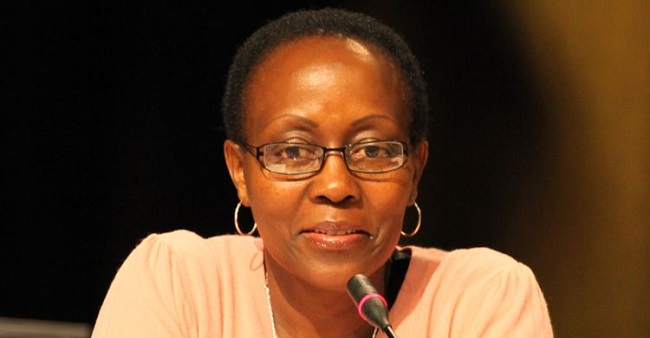Twenty years ago, on January 29, 2000, Parties to the Convention on Biological Diversity (CBD) adopted the Cartagena Protocol on Biosafety. The Cartagena Protocol entered into force on September 11, 2003.

The Cartagena Protocol is said to a milestone achievement under the Convention on Biological Diversity, making a significant contribution to protecting biodiversity by requiring the safe transfer, handling and use of living modified organisms (LMOs).
To date, 172 States and the European Union have become Parties to the Cartagena Protocol. The most recent accession was by Uzbekistan, which became a Party on January 23, 2020.
The Cartagena Protocol establishes an international regulatory framework for carrying out scientifically sound risk assessments to identify and evaluate potential adverse effects of LMOs on biodiversity. Under the Protocol, guidance materials have been developed and capacity building activities have been undertaken to help Parties carry out risk assessments.
A key component of the Cartagena Protocol is the Biosafety Clearing-House, which is a mechanism through which Parties and other stakeholders share important information on LMOs. This information helps countries to take informed decisions on, for example, the import and use of LMOs.
Parties are currently planning the next phase of actions for implementing the Cartagena Protocol and thereby contributing to the objectives of the Convention. This process is expected to result in the adoption of an Implementation Plan for the Cartagena Protocol and associated Capacity-Building Action Plan covering the period 2021-2030.
The Implementation Plan is being developed in conjunction with the post-2020 global biodiversity framework and thus contributes to the achievement of the 2050 vision of living in harmony with nature. The plans will be considered for adoption at the United Nations Biodiversity Conference to be held in Kunming, China in October 2020.
Development of the post-2020 global biodiversity framework must also consider ongoing scientific and technological changes and how they may impact biodiversity in the future. The Cartagena Protocol has a key role to play in this regard.
“The immense advances in biotechnology and the speed of these developments mean the Cartagena Protocol is more relevant than ever,” said Elizabeth Maruma Mrema, CBD Acting Executive Secretary.
“The 20th anniversary presents an opportunity for governments and relevant organizations to reflect on successes and challenges so far and to take these into consideration in planning for the future. The development of the post-2020 global biodiversity framework and the Implementation Plan for the Cartagena Protocol constitute a crucial opportunity for countries to make commitments in this regard,” she added.
